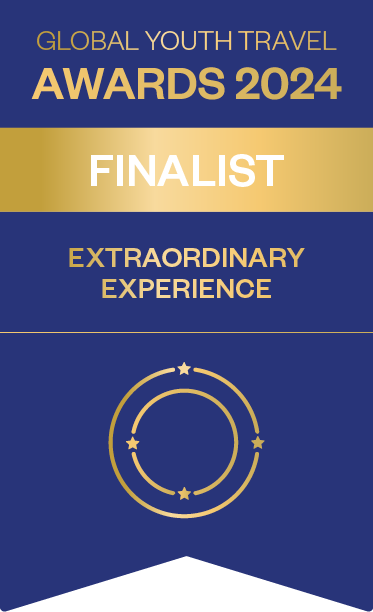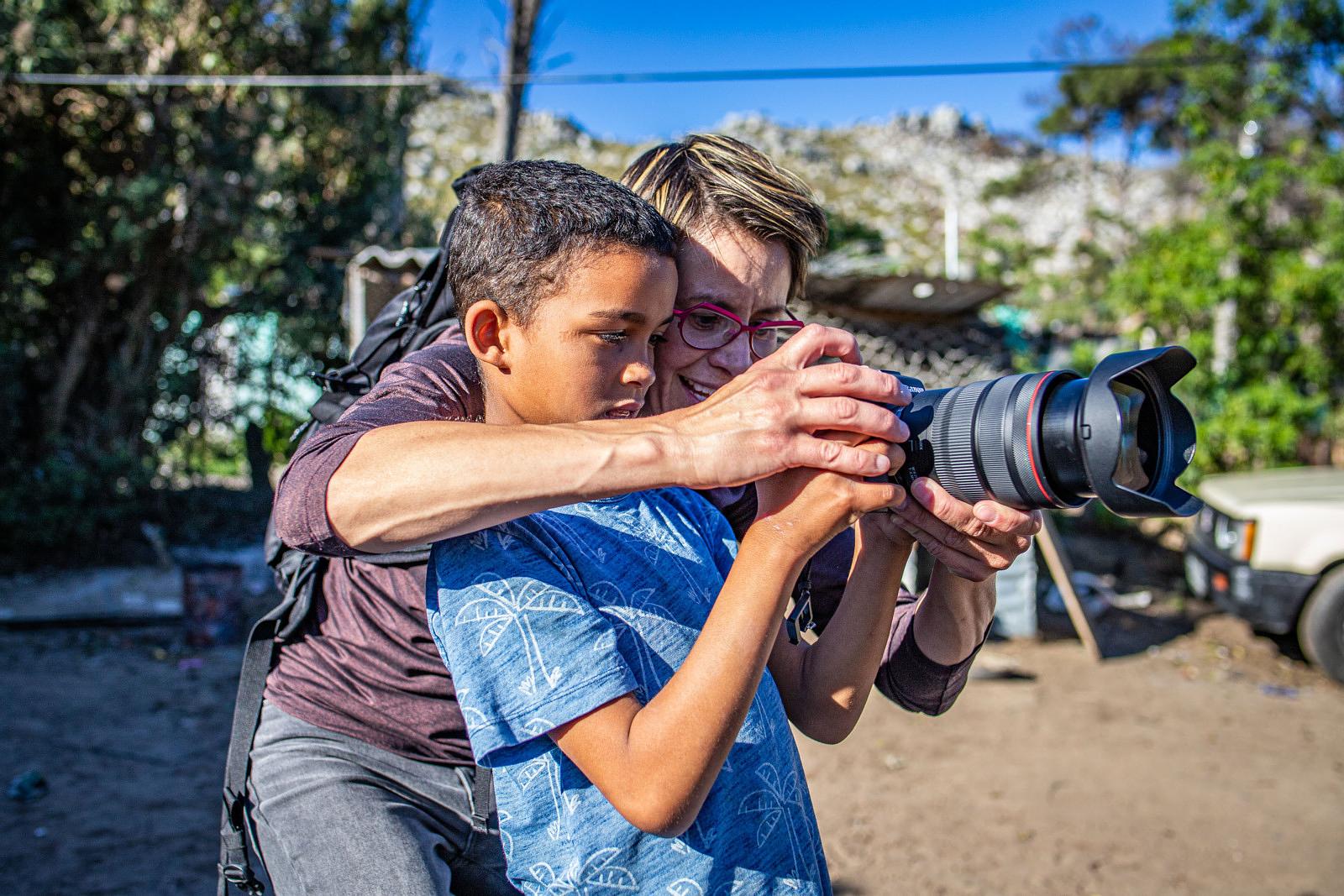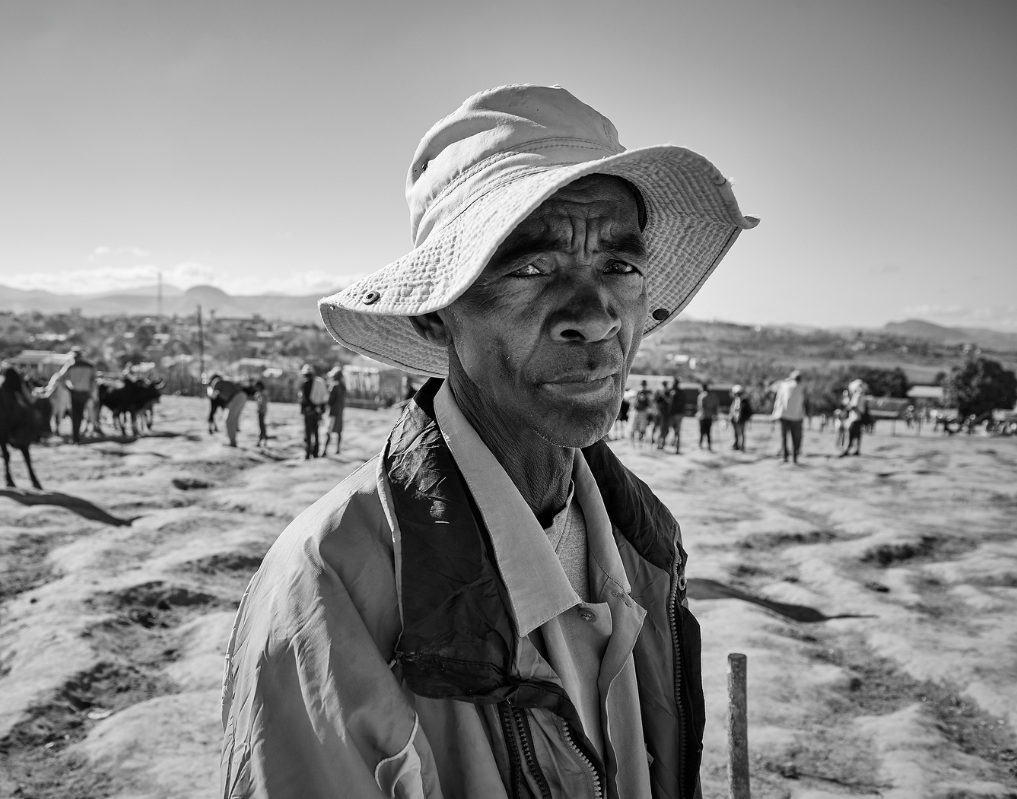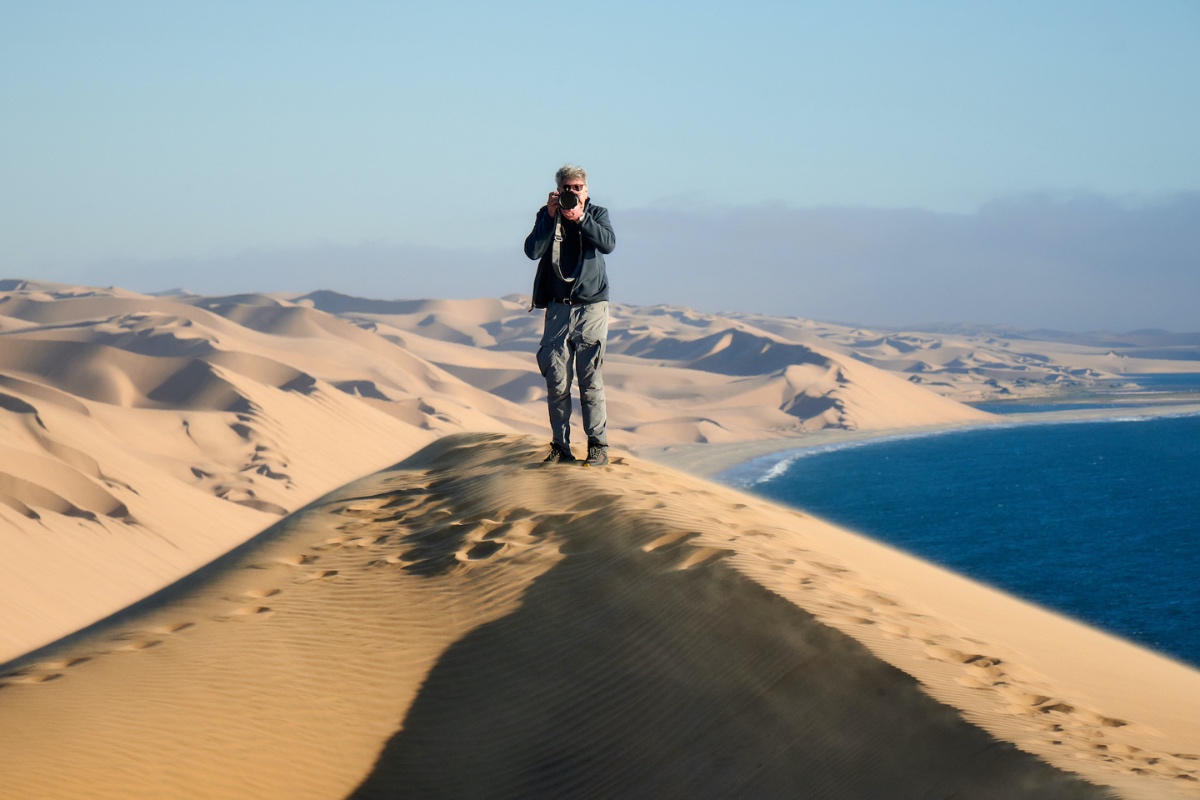Ibali: Using Photography to Educate & Elevate
Ibali: Using Photography to Educate & Elevate
Learn about Penda Trust’s workshop series with youth in Cape Town.
The mission of our aligned NGO, Penda Trust, is to use photography as an impetus for change. We do this by donating high-quality photographs for local charities to use, through organizing socially significant expositions and through engineering charitable photo workshops to educate on using photography as a platform for social dialogue. From this mission, the Ibali Photo Collective was born.
-Text by Juliana Connors, images by Fernanda Hurtado Ortiz
WHY PHOTOGRAPHY
Like any form of art, photography allows a safe space for expression. Inexplicably, it is part of the human condition to seek an outlet through art, to share experiences and emotions in a way removed from self. Photography creates a powerful message through its realness. While there is always room for individual interpretation, there is truth in an image captured from a moment in life. This is what allows photography to be relatable across languages and cultures. An observer cannot deny the connection felt from looking into a fellow human’s face in a photograph or the wonder felt from a breathtaking landscape photograph. There is an authenticity in photography above all other forms of expression. As such, what better medium for addressing social issues and calling communities to action?
THE IBALI VISION
Ibali is the Xhosa word for story. Penda Trust believes in the story telling power of photography and hopes to share this message with young minds in the community. The Ibali project is catching students at a pivotal stage in their individual development. These youths are still finding direction and a sense of purpose. Many may not consider the issues in their community in an analytical way. Unfortunately, a lot of social issues in Cape Town and the world at large can be seen as commonplace to young people. Not that they are not compassionate towards the homeless and hungry in their communities, but these youths were born into an unequal world. They cannot fully understand how these unfair social norms came to be and how they can be resolved. So, what can we do? How can we make a difference trying to solve the problems we have inherited?
It is a challenging task, that Penda Trust’s Ibali project ventures to address. We can begin by keeping our eyes open to the issues before us and encouraging young people to do the same. Still in its pilot stage, the project is unique, because it focuses on fostering a social conscience through the camera lens. The project’s mission is to provide students with practical photography training and the foundation with which to find their voice and let it be heard through photography.
IBALI METHOD
The Ibali project operates through volunteer services of local photographers and educators. Dave Fisher, a Cape Town photographer, is the visionary behind and the principal facilitator of the Ibali project. Dave has experience running photography workshops, particularly with students. He is passionate about developing social activism in young people and encouraging them to get involved in their communities through photography.
The pilot program functions out of Muizenberg High School with around 10 participants. The students are mostly novices in photography and have joined the workshop with a variety of motivations and goals. One of the participants, Kyra, explains what she hope to gain from the Ibali Photo Collective, “There are things that not everybody sees, and photography can help in this. Once I gain photography skills with this workshops, I hope I will teach others as well how to make the most of them. What I like the most about photography is that I can share my own perspective, get down from words to pictures.” The project operates tentatively on a 12-week program with weekly workshops. Every Friday, workshops are held after school, with Dave. The first few weeks focused on the basics of photography, giving the students a foundation in camera settings and photograph composition. Once they have the basics down, the students put their new-found knowledge into practice, photographing in the community. The students are given creative freedom and the chance to get comfortable behind the lens. Dave provides one-on-one instruction while the students are shooting and constructive feedback on the photos taken.
PROJECT CULMINATION
Once the students reach a level of comfort in basic photography, the focus of the workshops becomes more geared toward using photography in a social context. The students are encouraged to consider local charities or NGO’s they feel passionate about getting involved with through photography. This curiosity is fostered through lectures from local photographers on how they have used their photography to tell stories and share their voice. The guest lectures offer the students the opportunity to meet additional photographers with a passion for their work and hear the stories of how they have used photography to make an impact. The project culminates with the students exhibiting a collection of their photographs, telling the story of a particular issue or profiling an NGO within their community.
CHALLENGES
The new program has not been without areas for improvement. Predominantly, not all the students own their own camera. The Ibali program has received camera donations for the participants to use during workshops on Fridays. However, the students’ development as photographers would benefit immensely from the opportunity to practice with a camera in their own space, on their own time. Not to mention, taking the time to review their photographs from the workshop.
As the students are still becoming comfortable behind the camera, some struggle to be relaxed and comfortable photographing unknown subjects. This creates a hurdle as the students explore connecting with strangers to tell their story through the camera; refining the nuances of this skill takes practice. The students’ progress would be expedited with more time spent experimenting with a camera.
FUTURE OF THE PROGRAM
For the Ibali participants, the completion of the program will hopefully be just the beginning of these students’ journeys in photography. Long-term the program aims to provide a gateway towards a future in photography. With continuing training, the Ibali project can offer more than a lesson in social activism, but also an opportunity for an exciting career in photography.
Additionally, the program aims for expansion to other Cape Town communities and potentially South Africa at large. Ibali is about educating and empowering to generate change. Ideally, the program will light the way for students to see themselves, their community and their future from a different perspective.
Here is how you can help the Ibali project continue to grow.
















